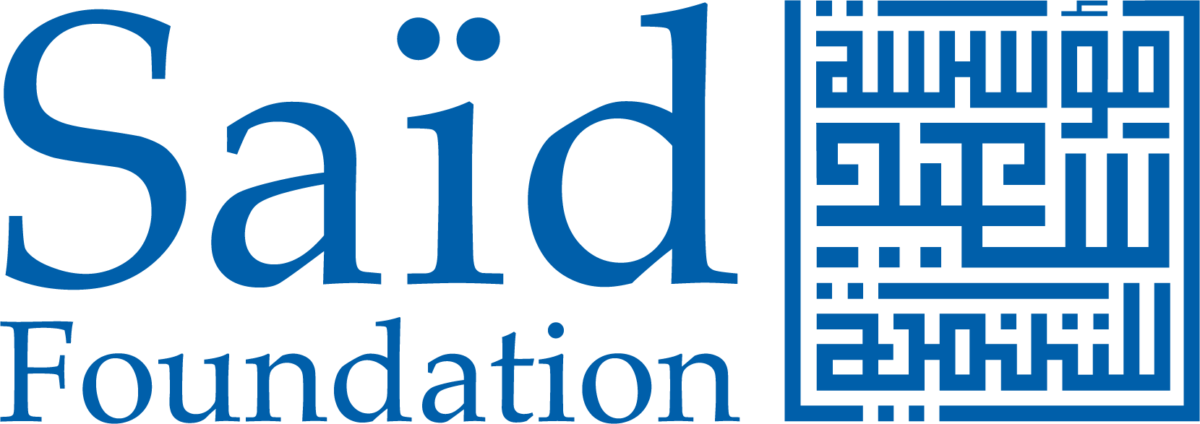The Foundation publishes its findings report on its 2017 Amal pilot
The project is supporting the rich diversity of Muslim cultures and arts in the UK, including storytelling, theatre, poetry, film, music and dance.

In April the Foundation finalised its report on the findings from its 2017 Amal pilot, a project making grants in support of the rich diversity of Muslim cultures and arts in the UK, including storytelling, visual arts, theatre, poetry, film, music and dance.
The project aimed to further two interlinked objectives:
- To increase understanding of Britain’s Muslim communities among its non-Muslims;
- To foster a stronger sense of belonging among Muslim communities in the UK.
The pilot year saw Amal supporting 39 projects, roughly half of which took place in London and half in other cities. They were carefully chosen to reflect diversity (gender, ethnicity, age, disability and type of organisation) and to encompass different art forms and cultural origins.
Rigorous evaluation of the projects formed the basis of a findings report that was published in April 2018. The main findings were:
- Creating moments of convergence for Muslims and non-Muslims to encounter each other through the medium of arts and culture helps to open minds and forge common ground. The more participative and sustained the “encounter” with the arts and between communities, the deeper the impact.
- Providing young Muslims with the opportunity to express themselves through the arts, particularly through drama/storytelling/poetry, helps raise their aspirations and build their confidence and sense of belonging. Using contemporary art idioms and platforms (as opposed to traditional ones) is particularly effective as a tool for engaging both audiences and participants.
- There is value in engaging with audiences who do not regard Muslims particularly negatively and/or in a monolithic way because many of them nevertheless have few opportunities for genuine engagement with Muslims; they go away from such “encounters” with a deeper understanding which they pass on to others.
- Representation of Muslims on stages and screens challenges negative perceptions on the one hand and provides role models for young Muslims to aspire to on the other.
- The networks and incentives needed for Muslims to progress in the creative sectors are currently barely being supported by either British Muslim communities or public funders and new content featuring Muslims often reinforces prejudice by portraying stereotypes.
- Targeted funding can influence the thinking and approach of arts organisations and other funders. Mainstreaming Muslim cultural production provides opportunities to showcase artists, performers and participants that, without the funding, would simply not be possible for them.
Read more insights from the pilot year in our Findings Report.
See also the video (below) – it gives you a flavour of some of the fantastic work of our partners and highlights from Amal 2017.
Find out more by visiting Amal’s website at www.amal.org.uk.
